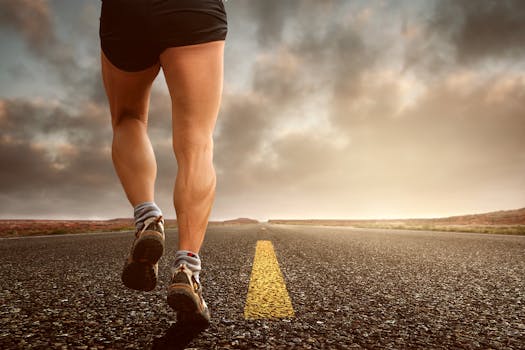
Introduction
In today's digital world, it's rare to see someone running without a phone strapped to their arm or tucked in a pocket. But what happens when you leave the device at home? Here’s my experience and thoughts on running truly unplugged.
The Initial Discomfort
At first, running without a phone felt strange. I kept reaching for something that wasn’t there, missing my usual set of running playlists and fitness tracking apps. The silence was almost deafening, and a part of me felt disconnected from the world.
The Unexpected Benefits
- Heightened Awareness: Without audio distractions, I noticed nature sounds, my breathing, and the rhythm of my steps.
- Mental Clarity: Running became a form of meditation. My thoughts had space to wander without being interrupted by notifications.
- Freedom: There were no calls, messages, or social media. I ran solely for myself, not for the stats or the sharing.
Overcoming the Fear
One of my biggest concerns was safety—what if something happens? I realized that planning a safe route and letting someone know where I was running helped ease this anxiety.
Reconnecting with the Joy of Running
Without the constant urge to check my pace or distance, I rediscovered the simple joy of moving. My runs felt lighter and more spontaneous.
Conclusion
Running without a phone can feel daunting at first, but it offers a unique opportunity to reconnect with your surroundings and yourself. I encourage every runner to try it, even if just once—it might just change the way you see running.
Comments
Post a Comment